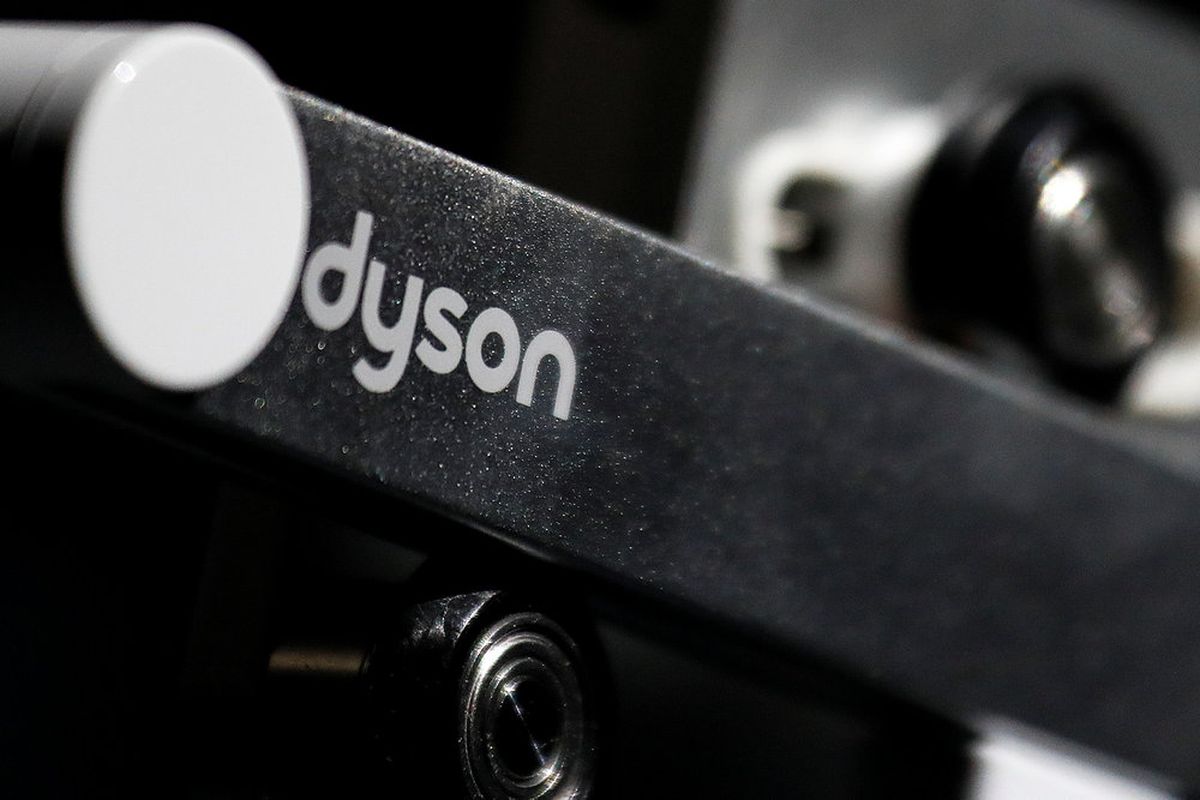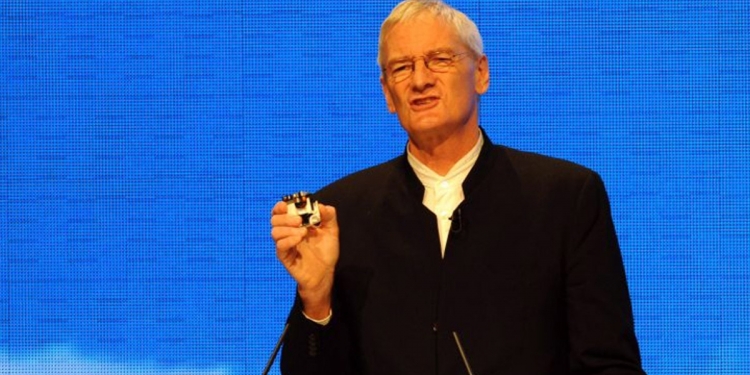When rumours first surfaced that Dyson was developing a fully-electric car, many were suitably curious. From creating high-tech vacuums, to hair dryers that could give you a perm from the comfort of your home—the company has a fairly impressive track record when it comes to developing innovative products.
However, Dyson cancelled the project towards the tail-end of 2019, despite the fact that a “fantastic car” had been developed. Patents had already been registered for a car that would supposedly be more energy efficient than its rivals, and an SUV form-factor that could offer versatility for multiple terrains.
At the time, Dyson founder, James Dyson said that the cancellation of their electric car project was not due to a failure to develop a functional product. Instead, Dyson said that the high costs associated with manufacturing electric cars meant that the project was not a commercially viable one.
In a new interview with the Sunday Times, the founder also revealed that the project came at a big personal cost. GBP500 million (~RM2.6 billion) of his own wealth was invested, with Dyson revealing that scrapping the idea was a move that came with “huge sadness and disappointment”.
Sir James Dyson, Britain’s richest man, spent £500m developing an electric car to rival Tesla’s. Then he scrapped it before the first prototype took to the road. He tells John Arlidge why https://t.co/mIVmVFnN6D
— Times Culture (@timesculture) May 17, 2020
Had the Dyson Car—known as the N526 internally—ever reached markets, we might have seen an SUV-style electric car with the longest range (on a single charge) in the market thus far.
Dyson says that the car has a range of 600 miles (~965km), which beats off competition from the Tesla Model S. Meanwhile, twin electric motors help to produce 563bhp and 480lb of torque, which means that the N526 have a 0–62mph speed of 4.8 seconds, and a top speed of 125mph (~200km/h).

Unfortunately, it now looks like we won’t ever see Dyson’s electric car on the streets. Initial plans to build a manufacturing hub in Singapore, with a total of 600 people dedicated to the electric car project, have now gone up in smoke.
“Ours is a life of risk and of failure. We try things and they fail. Life isn’t easy.”
– James Dyson
[ SOURCE , IMAGE SOURCE ]








